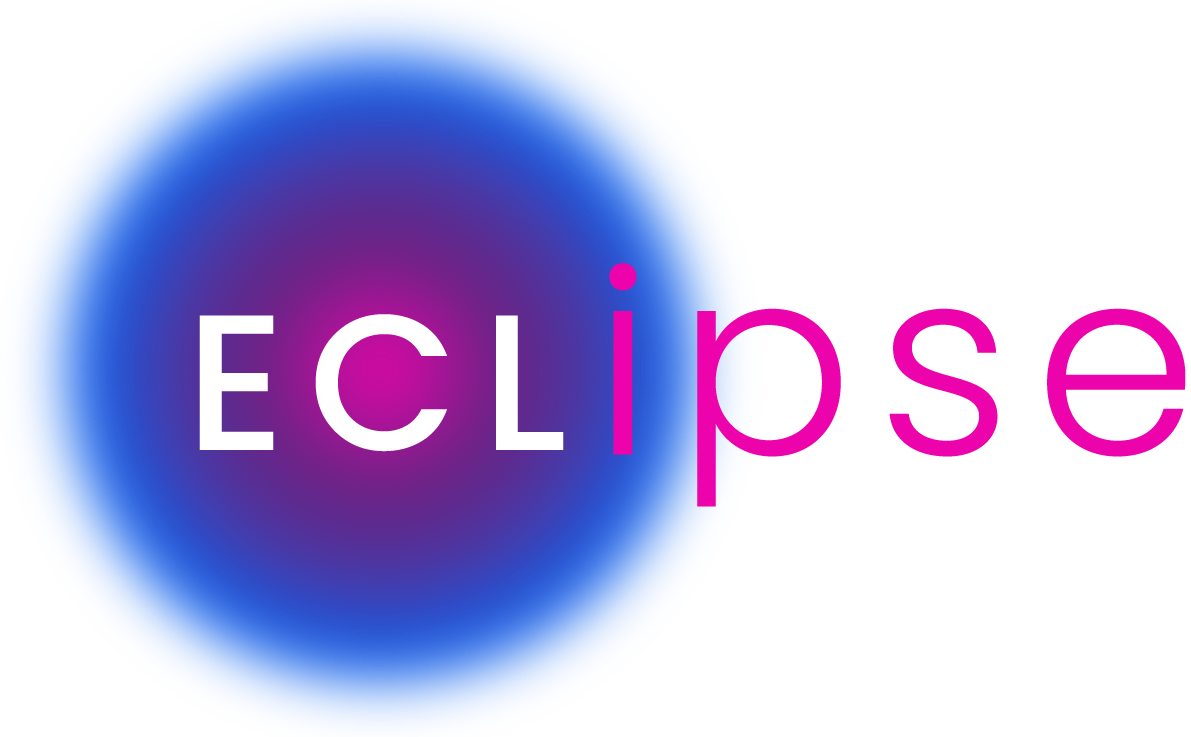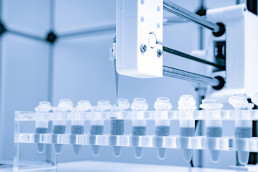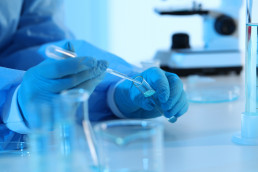Luisa De Cola and Luca Prodi will attend the EuChemS2022 Conference
Luisa De Cola and Luca Prodi (lecture IL.G2.1) will attend the EuChemS2022 Conference in Lisbon (August 28-September 1)
Luca Prodi will attend at the 5th International Caparica Conference on Chromogenic and Emissive Materials 2022
Luca Prodi will attend at the 5th International Caparica Conference on Chromogenic and Emissive Materials 2022; Caparica, Portugal, July 4-8, giving a lecture on “Silica Nanoparticles as Photoactive Organized Systems for Nanomedicine”
Advanced photodynamic therapy with an engineered M13 phage targeting EGFR
Photodynamic therapy (PDT) is a potential synergistic approach to chemotherapy for treating ovarian cancer, the most lethal gynecologic malignancy. Here we used M13 bacteriophage as a targeted vector for the efficient photodynamic killing of SKOV3 and COV362 cells. The M13 phage was refactored (M13r) to display an EGFR binding peptide in its tip that is frequently overexpressed in ovarian cancer. The refactored phage was conjugated with chlorin e6 (Ce6), one of the most widely used photosensitizers (M13r-Ce6). The new platform, upon irradiation, generated ROS by type I mechanism and showed activity in killing SKOV3 and COV362 cells even at concentrations in which Ce6 alone was ineffective. A microscopy analysis demonstrated an enhanced cellular uptake of M13r-Ce6 compared to free Ce6 and its mitochondrial localization. Western blot analysis revealed significant downregulation in the expression of EGFR in cells exposed to M13r-Ce6 after PDT. Following PDT treatment, autophagy induction was supported by an increased expression of LC3II, along with a raised autophagic fluorescent signal, as observed by fluorescence microscopy analysis for autophagosome visualization. As a conclusion we have herein proposed a bacteriophage-based receptor targeted photodynamic therapy for EGFR-positive ovarian cancer.
Publication by Sabrina Conoci, Luca Prodi and Giovanni Valenti on Biosensors and Bioelectronics
News on ECLIPSE project published on Unibo Magazine
Unibo Magazine talks about the ECLIPSE project in the article “With ECLIPSE, rapid, reliable and cheap tests to detect viruses, bacteria and parasites”.




